The Uzbek-Japanese IT Cooperation Forum, held on February 13, kicked off a new era in the partnership between Uzbekistan and Japan. The event brought together top industry leaders, innovators, and investors to explore fresh opportunities, exchange insights, and forge stronger ties in the fast-paced world of information technology.
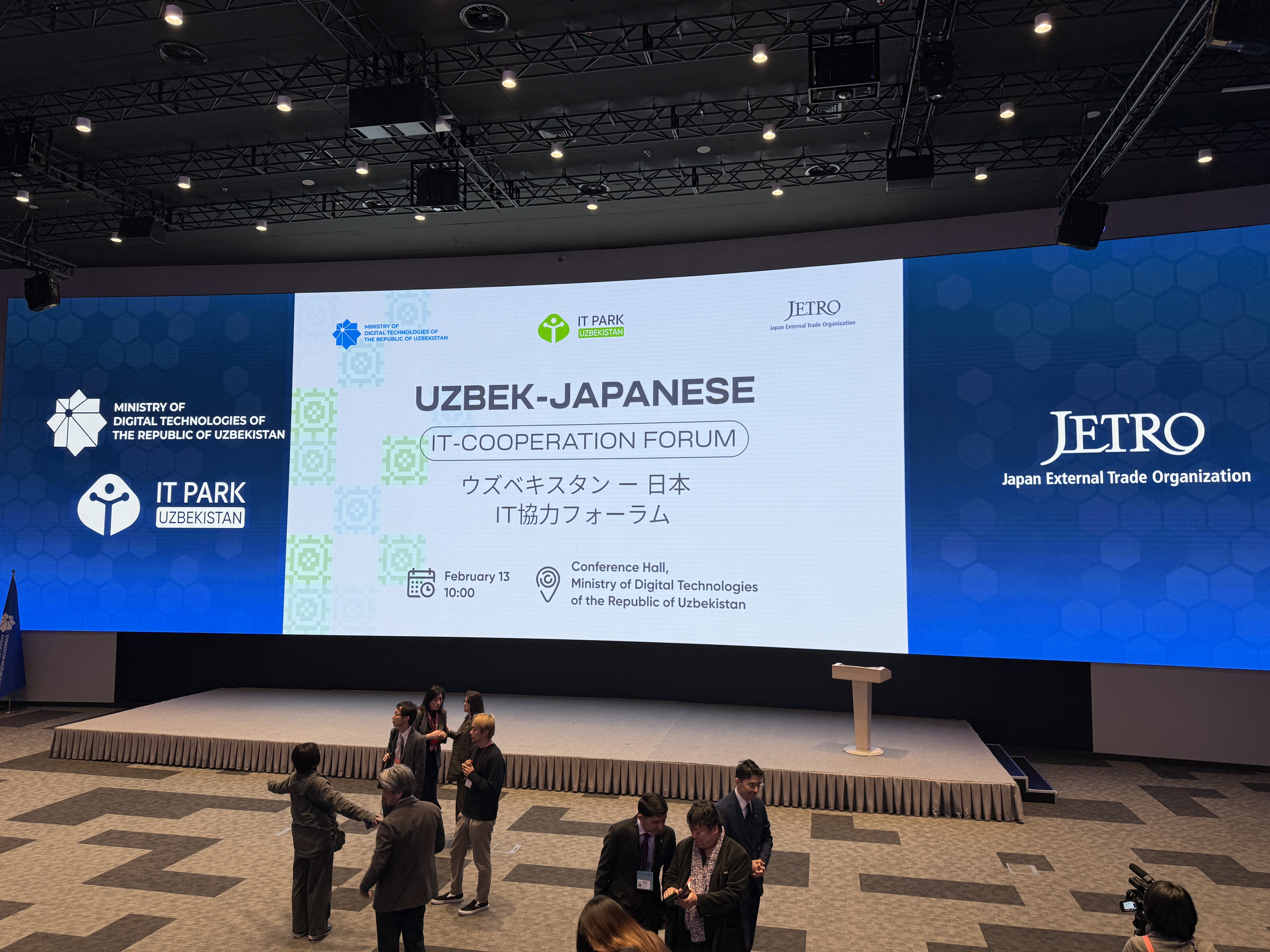
In 2024, trade between the two nations soared by 35%, with a project portfolio surpassing $12bn, backed by major Japanese companies and financial institutions. Today, around 100 joint ventures, including the Uzbekistan-Japan Center, are thriving in Uzbekistan, marking a testament to the growing collaboration between the two nations.
Abdulakhad Kuchkarov, Executive Director of IT Park Uzbekistan, took the stage at the forum to reveal compelling statistics that stressing Uzbekistan’s emergence as a rising force in the global IT sector. His insights painted a picture of a country rapidly transforming into a digital powerhouse, creating exciting new opportunities for collaboration, innovation, and growth. The future of Uzbekistan’s tech landscape looks brighter than ever, and the world is watching.
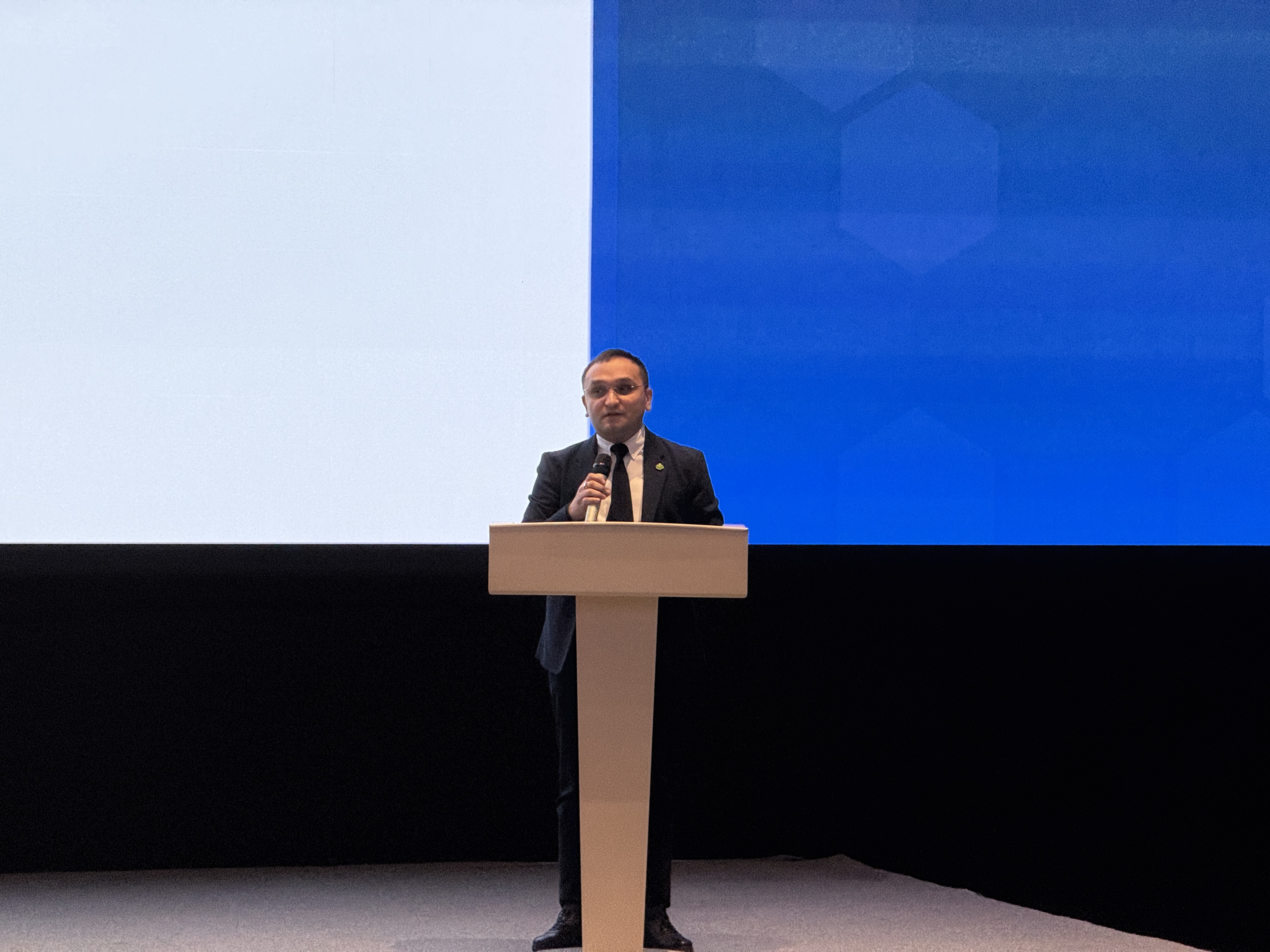
“Today, IT Park has more than 2,500 companies, with a total revenue of $1.7bn. One of these companies exports more than $600mn. If you compare this to five or six years ago, when the export of all companies was less than $1mn, the growth is remarkable,” said Kuchkarov.
He emphasized that the number of Japanese companies operating in Uzbekistan had increased significantly, with over 50 local companies now partnering with Japan. Looking forward, Kuchkarov invited attendees to the upcoming IT Park branch opening in Tokyo in April.
On the other hand, Sakurai Akihiro, an advisor to the Ministry of Digital Technologies of Uzbekistan, praised Uzbekistan’s efforts to foster young talent in the IT sector.
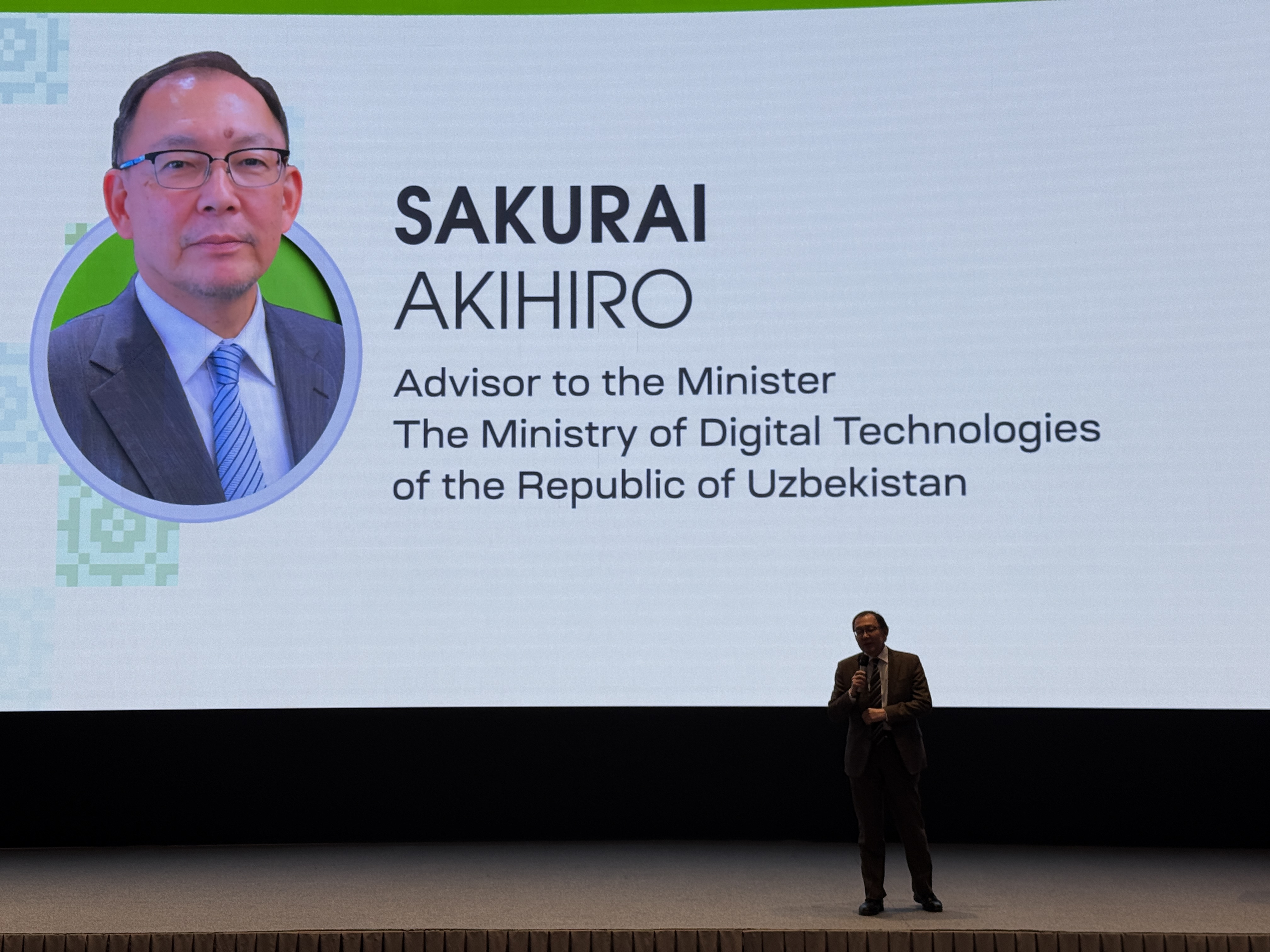
“I see big potential in Uzbek youth, especially with the government’s strong policies supporting IT education. I have visited not only Tashkent but also regions like Namangan, where IT schools are growing and offering courses in both English and Japanese,” said Akihiro.
He also highlighted Japan’s aging population and the strong demand for IT specialists, noting that Uzbekistan’s youth and growing IT education ecosystem presented a perfect opportunity to fill the gap in Japan’s workforce.
Akihiro further discussed the ongoing efforts to train future generations of IT specialists, with some Japanese companies already employing Uzbek-speaking engineers and training them to become managers in the future.
“Step by step, we are expanding this initiative. We’re already seeing success with some companies that have established operations in IT Park, employing and training young talent,” he added.
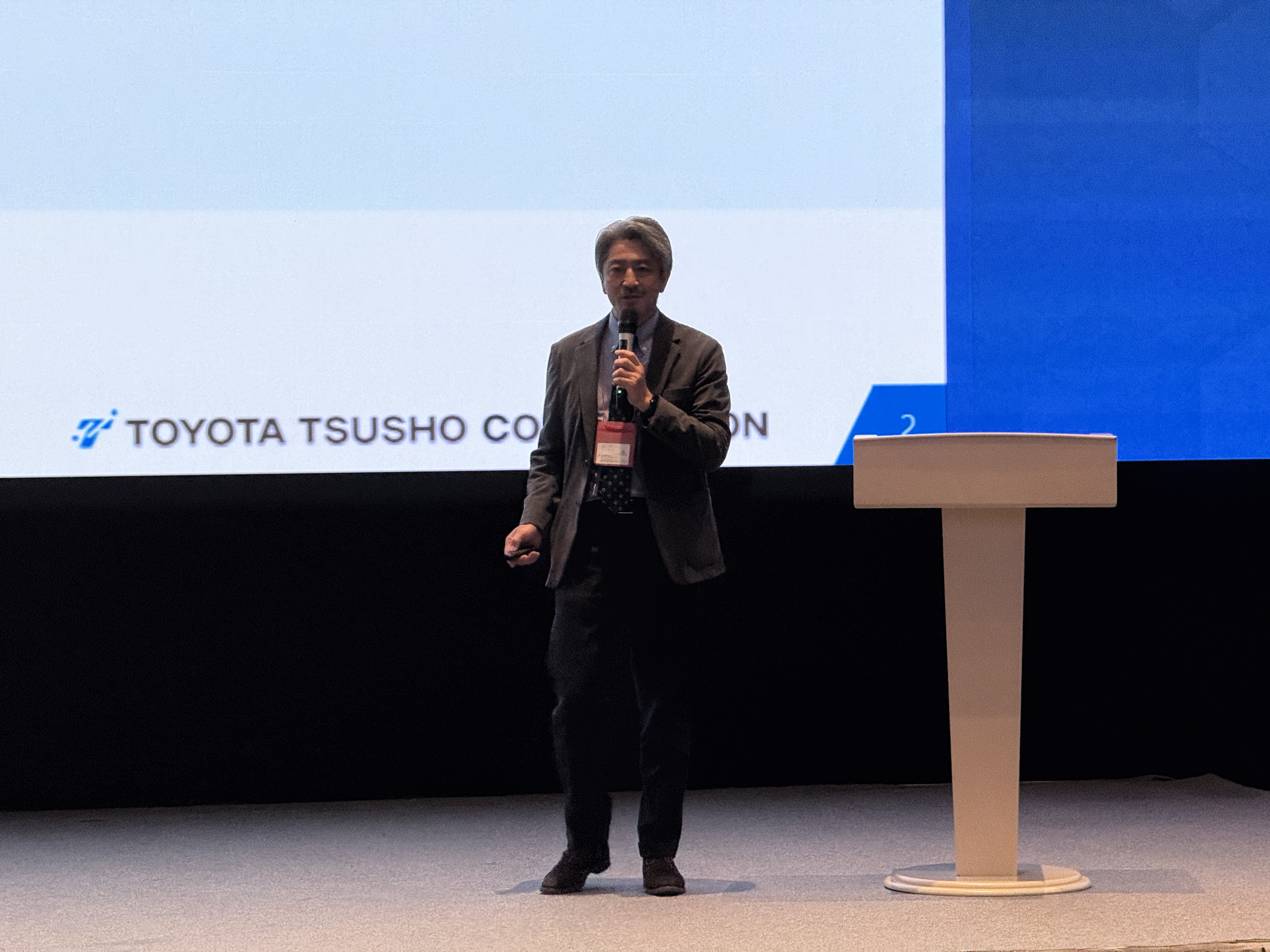
The forum also featured contributions from Japanese corporate leaders. Tomonori Nakamura, Project Manager of Toyota Tsusho Corporation, pointed out Uzbekistan’s strategic position in Central Asia.
“Uzbekistan is emerging as a central hub in the region, and from an external perspective, this is a very important region for us,” Nakamura said, reflecting the growing significance of the country in international IT collaborations.
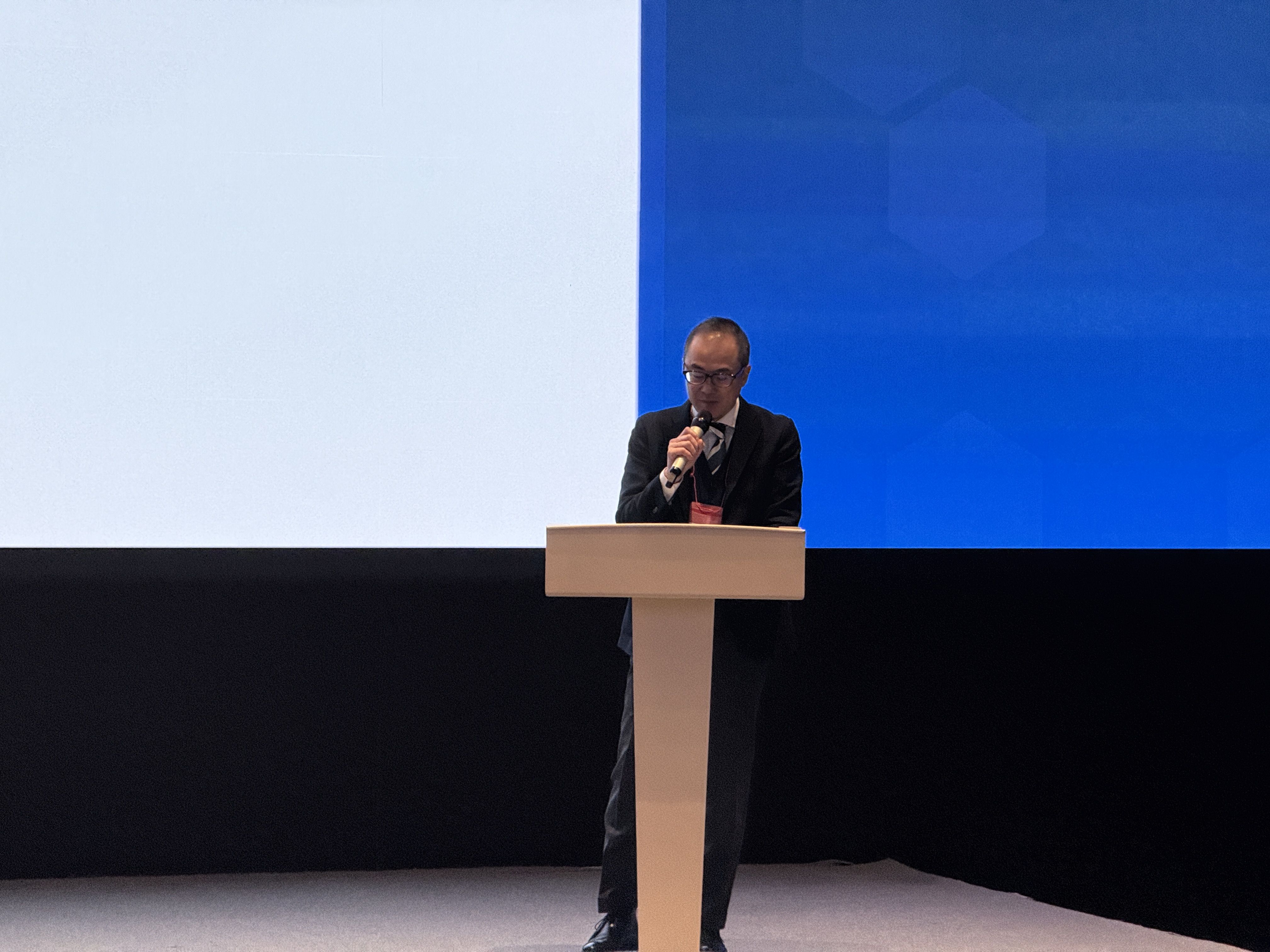
Kensuke Nishiyama, Branch Office Manager at Marubeni Corporation, also spoke on the positive relationship between Uzbekistan and Japan.
“Uzbekistan is the best and most favorable country for Japan with a long history of financial support and development assistance. The Uzbek people’s kindness towards the Japanese companies has made Uzbekistan a trusted partner,” Nishiyama remarked.
Additionally, James Wenger, founder of Silk Road Professionals, shared his personal experience of the opportunities in Uzbekistan’s IT sector.
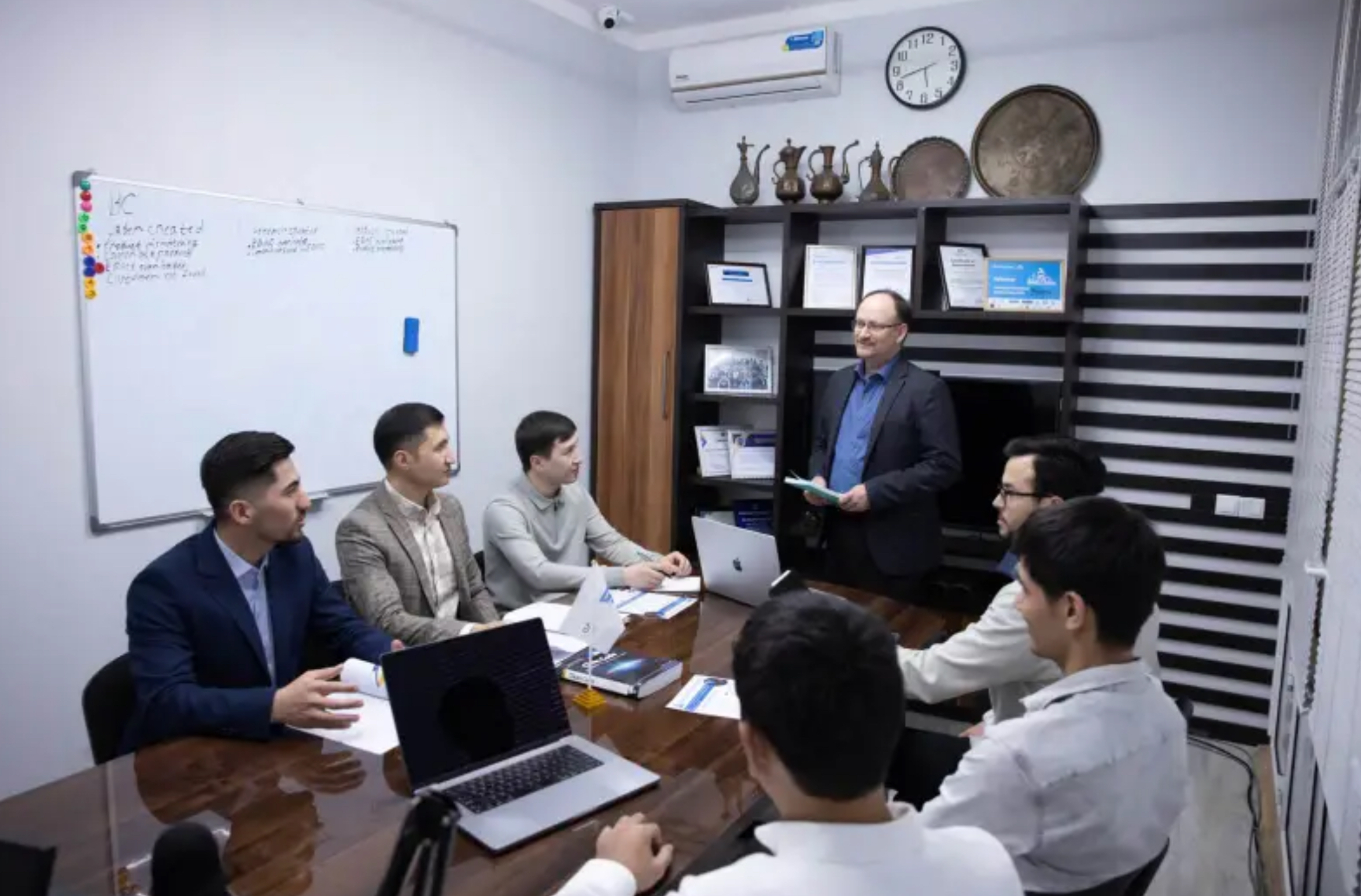
“I’ve been working in Central Asia for 18 years. In Tajikistan, it's a little harder to expand. The government support in Uzbekistan is the best in the world. Uzbekistan is the best place for IT partnerships with international companies.”
He praised Uzbekistan for its excellent government support, reduced taxes, and IT park infrastructure, which he sees as key to the country's growth in IT. Wanger emphasized the potential of Uzbekistan's engineering students, particularly those studying in Fergana, noting that those who learn English and IT could find opportunities in international markets.
Silk Road Professionals' unique approach involves partnering local engineers with international software engineers to ensure high quality and innovation. He believes the younger generation in Uzbekistan is driving the IT sector forward, offering highly skilled teams at half the cost of the U.S. while maintaining top-tier quality.

The government’s IT strategy was shaped by the Ministry of Digital Development’s new regulations. Starting October 1, 2024, companies within IT Park generating over $8.7mn in annual revenue were required to ensure that 10% of their income came from exports. This was part of a broader vision to boost IT service and software exports to $5bn by 2030. The export targets were set to gradually increase—20% by 2026, 35% by 2027, and 50% by 2028—positioning Uzbekistan as a global player in the digital economy.
The focus on increasing exports aligns with Uzbekistan’s goal of becoming a regional IT hub. IT Park directorate reported that exports from Uzbekistan’s IT residents totaled $344mn in 2023, constituting over a third of their overall revenue. This marks a major leap from previous years, and with more than 650 companies engaged in IT exports as of 2024, Uzbekistan is positioning itself as a global player in the IT sector.
In addition, Uzbekistan has significantly improved its global standing in AI readiness. Over 20 AI-based projects are already operational, with 70 more in development across various industries. The nation has risen 17 places in the global AI readiness index, reflecting its increasing investments and commitment to the digital transformation of its economy.
In 2024, under the guidance of President Shavkat Mirziyoyev, Uzbekistan approved a comprehensive AI development strategy, outlining key targets for the next six years. The plan includes boosting AI-driven software products and services to $1.5bn, creating scientific AI laboratories, and establishing cutting-edge infrastructure for AI and big data model training.
Follow Daryo's official Instagram and Twitter pages to keep current on world news.
Comments (0)